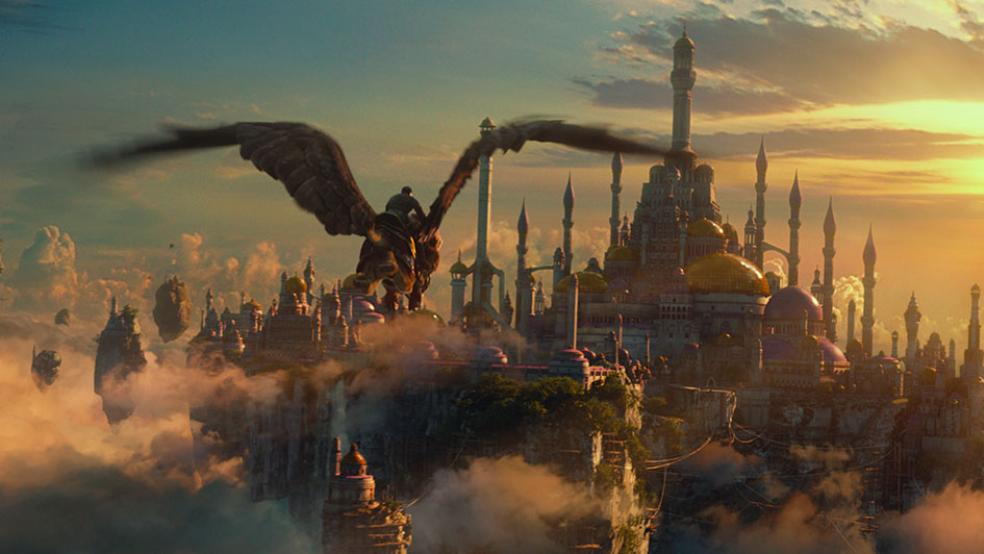The World of Warcraft movie opens wide in the United States this weekend, seemingly conquering its final empire. What started in 1994 as an addictive real-time strategy game turned into the flagship for MMORPGs (massively multiplayer online role-playing game), making video gaming a truly social engagement. Now the title has finally hit the big screen, a decade after it was announced.
Unsurprisingly, the reviews have been almost uniformly uncomplimentary, despite the mild interest generated by director Duncan Jones’ involvement (Jones has produced two solid genre films, Moon and Source Code, and is also the late, great David Bowie’s son). Without critical backing, the film seems unlikely to generate much box office attention. It’s reasonable to expect that the film will do decently with its gaming base and perhaps fantasy-friendly audiences, but wide appeal seems to be too hard a target. Variety reports that, given the relatively moderate interest in the film and the competition from X-men and the Ninja Turtles also occupying the cineplex, analysts project the Warcraft movie taking in $25 million in its opening weekend, or less than a sixth of its $160 million budget.
Related: Why Hollywood No Longer Believes In Blockbuster Summers
As disappointing as those figures look, the movie’s producers and its distributor, Universal Pictures, may not care much. The film is already a smash in China, two days after its release.
In its first night of release in China, the picture shattered the previous record for a midnight release, bringing in $8.4 million, a number that represented 90 percent of the Chinese box office for that day. (The previous record had been held by Furious 7, which went on to become China’s highest-grossing film of all time.)
By the end of Warcraft’s first full day, its box office total in China was $46 million. The movie has already grossed $121 in its short run and shows no sign of stopping. While the U.S. box office may officially get the movie over the break-even line, it’s hardly a drop in the bucket compared to the expected foreign windfall.
In this way, Warcraft represents the latest example of Hollywood trend that should worry U.S. movie buffs: Where international box office was once the cherry on top, it’s now the whole enchilada.
There are caveats to be sure. World of Warcraft is immensely popular in China, where amusement parks are dedicated to it. The government has passed laws regulating the amount of time you can spend playing the game. It’s a big deal. Beyond that, during the production of the film, production company Legendary Pictures was purchased by Wanda, a Chinese development company that, among other things, is the largest owner of movie theater chains in the world.
Related: Can Game of Thrones Hold on to the Crown?
Those factors explain why the Chinese box office is exceptionally important for Warcraft, but the underlying trend remains: more movie makers care about foreign box office almost exclusively.
This is hardly a recent development, and thus easy to consider overinflated. Beginning in the ‘90s (basically coinciding with the career of Michael Bay) cinephiles were warning that dialog-free action movies would eventually become all that Hollywood produced. That hasn’t come to pass. And some of the changes brought on by the international focus have been positive (multi-ethnic casting, an aversion to demonizing nationalities). Even so, the need for minimal dialog and easy-to-understand plots have driven more and more people seeking “smarter” fare to just stay home.
Some may argue that this is just a natural evolution of a business, but it does not change the fundamental oddity of a national film industry no longer making motion pictures for its own citizenry. And the trend only increases the challenges for those attempting run theaters in America.




